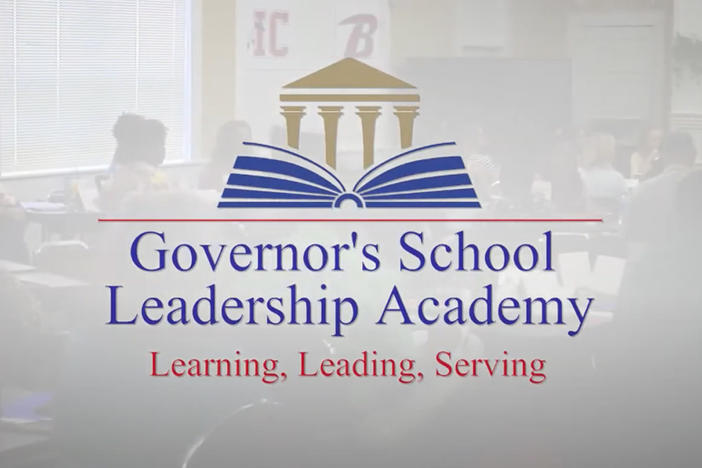
Section Branding
Header Content
How to Improve Georgia’s Graduation Rates
Primary Content

Last week a new report on Georgia’s graduation rates confirmed what many officials and educators already knew: that the state’s graduation rate dropped significantly. "Georgia’s high school graduation rate is lower than every state except Nevada and New Mexico."
State education officials suspected that the graduation percentage would plummet due to how the figure is calculated when they learned about the new formula in April. While there is much criticism about the number itself, there is not enough constructive discussion on how to improve Georgia’s graduation rates.
The discussions need to start with the students. Why aren’t they motivated to stay in school and finish? What would encourage them to view school as a worthwhile endeavor? How can we keep them coming to school?
I am sure there are multiple answers that come with multiple perspectives. One answer that typically arises is that what is taught in school doesn’t connect to real life and real work. If we could consistently prove otherwise, maybe half the battle would be won.
One of the ways that we are connecting learning to real work is through the Fast Forward project. We’ve talked it up before, but it resonates even stronger given this report. We criss-crossed the state interviewing employers and employees finding out how science, technology, engineering and math subjects are used in their jobs.
Through these videos, students see exactly how the subjects they learn in school are used in reality. More importantly they see the payoff - a paycheck that could fund the lives they’d like to live after school. It’s a motivation if I’ve ever seen one for them to stay in school and get their diplomas.
If you haven’t seen Fast Forward take a look at this unusual job in the clip below and show it to your students. Then head over to the Fast Forward website for more. Let us know what you think and how else we can improve Georgia’s graduation rates?
Secondary Content
Bottom Content





